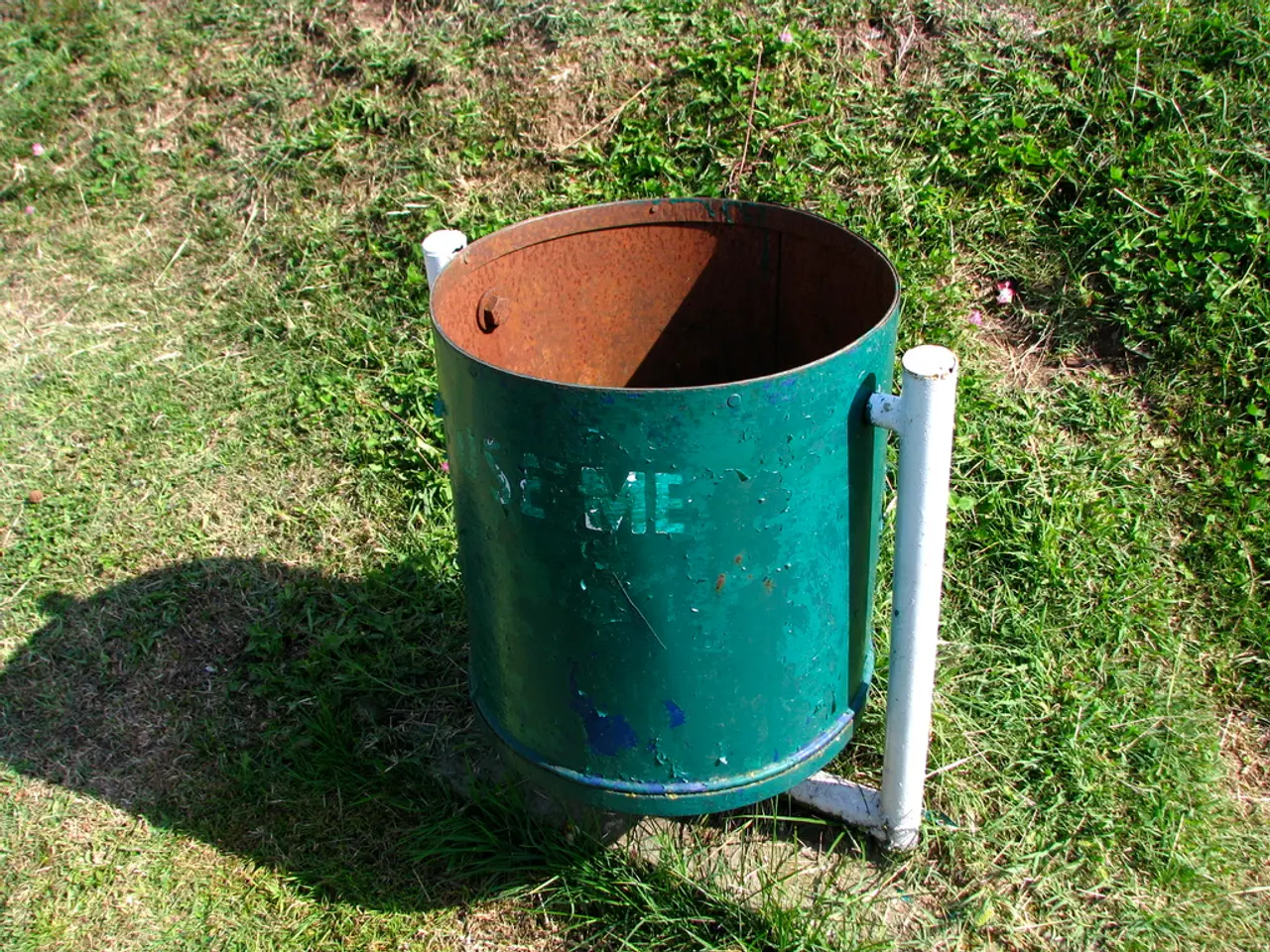Cottage-dwellers are set to vacate their residences starting from September 1st, although the government appears disinterested in their properties.
The Russian government has introduced a new decree, No. 826, aimed at addressing the issue of abandoned garden plots across the country. The decree sets criteria for identifying unused land, which may include plots that are not cultivated or maintained for certain periods as stipulated by local laws.
The purpose of the decree is to combat abandoned and neglected land, particularly within populated areas, garden, and vegetable plots. It aims to prevent long-term land neglect and encourage productive use.
The decree defines two main criteria for identifying unused land: if a land plot is overgrown with weeds taller than 1 meter, and if more than 50% of the plot's area is littered with production or consumption waste and items that shouldn't be there. If an inspector identifies these violations and the owner doesn't address them within a year, action will be taken.
In the Omsk region alone, over 50,000 garden plots show signs of abandonment. Local self-government bodies and Rosreestr, responsible for municipal and state land control respectively, will have to monitor the use of these plots.
Evgeny Dings, head of the state land control department in the Omsk region, stated that the deadline for land development is three years, aligning with Federal Law No 307-FZ, which established deadlines for land development.
However, finding new owners for abandoned garden plots can be challenging. While authorities can retract unused plots, identifying and attracting reliable new owners can be difficult due to factors such as poor location, insufficient infrastructure, or the costs associated with bringing abandoned land back into productive use. This may result in prolonged periods before these plots can be reallocated effectively, limiting the intended benefit of revitalizing unused land.
Some farmers have expressed interest in taking unused land, but finding a new owner for overgrown or cluttered dachas in the city will be challenging. Victor Bobyr, chairman of the regional branch of the Union of Gardeners of Russia, stated that overgrown or cluttered dachas are a point of concern in the city.
Local government heads have voiced concerns regarding structures, wells, foundations, and fences on garden plots, viewing owning garden plots as another headache. The new decree, however, is not punitive; instead, it aims to encourage people to tend to their garden plots.
It's important to note that no direct official text of decree No. 826 was found in the current search results, but this summary is based on typical government approaches to unused land legislation in Russia and analogous regulatory frameworks. For precise legal criteria, penalty amounts, and exact procedural rules, consulting the official government publication or legal commentary on decree No. 826 is recommended.
- The new decree, No. 826, falls under the category of policy-and-legislation and environmental-science, as it outlines criteria for identifying and addressing abandoned garden plots, which can impact the environment and local communities.
- The science of environmental policy and politics play a significant role in understanding the decree's implications, as it aims to combat environmental degradation and promote productive use of land resources.
- General news outlets have reported on the challenges in finding new owners for abandoned garden plots, a issue that intertwines environmental concerns with economic and urban development matters.






